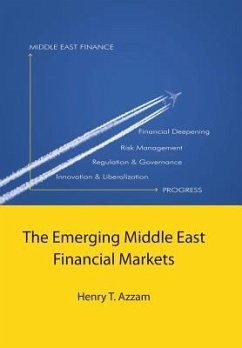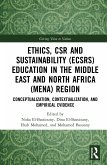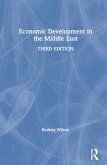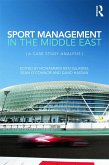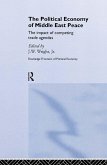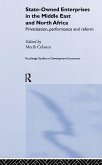The book aims to unravel the potentials of Middle East financial markets, which are spread over a large and wealthy part of the world. These markets are gradually being opened for international investors seeking diversification and rewarding risk adjusted returns. However, opening up to international investors is a necessary but not a sufficient condition to attract institutional money needed to provide depth and professionalism to these markets. Without a cultural shift towards more transparency, better regulations and governance, and the availability of custody, clearance and equity research, up to international best practice, not much institutional money will be forthcoming to the region. Funding sources in the Middle East and North Africa Region are still predominantly channeled through the banking system, with equity and fixed income markets playing a marginal role. While the world's financial markets show on average a balanced structure of bank assets, stock market capitalization and debt securities, the capital mix in the region is heavily skewed towards bank assets with a share of 58.8%, equities around 34% and debt securities (bonds and Sukuk) 7.2%. Stock markets of the UAE and Qatar have recently been upgraded to emerging market status, which together with Egypt are the only three Arab countries that have selected listed companies featuring in the Morgan Stanley Capital Index for Emerging Markets (MSCI EM). Saudi Arabia has opened its stock market to direct investment by foreign financial institutions in the second half of 2015. The opening of the Saudi stock market is a major positive development for the region's capital markets. The path ahead for MENA finance has become now clearer. The relative weight of commercial banks in the financial system will diminish gradually, and a wider range of financial services will be provided by deeper and increasingly more sophisticated debt and equity capital markets, in line with worldwide trends. Sharia compliant products, such as Sukuk, are expected to continue to grow at double-digit rate to meet the strong demand generated regionally and internationally.
Hinweis: Dieser Artikel kann nur an eine deutsche Lieferadresse ausgeliefert werden.
Hinweis: Dieser Artikel kann nur an eine deutsche Lieferadresse ausgeliefert werden.

